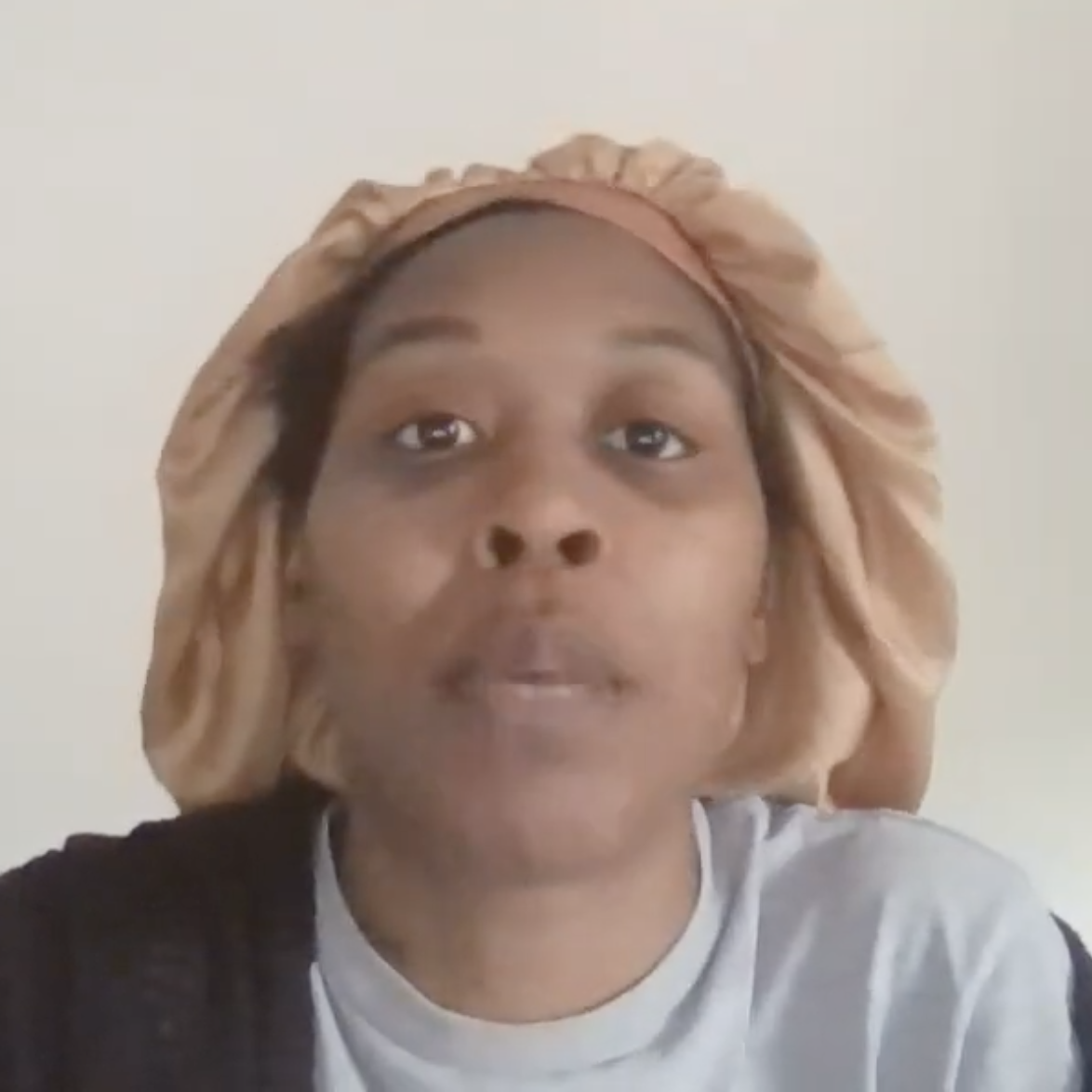
Losing Medicaid, I don’t know what I’m going to do. I don’t even know if I would be able to afford these appointments without Medicaid assistance.
Ashley James lives in Jefferson County, West Virginia with her husband who is a disabled veteran. Together they have ten children, and their youngest is 16 years old. She describes herself as a newly married wife and a working mother who depends on Medicaid to stay healthy and able to do her job.
She says the program is essential for her. “The reason why it means a lot to me is because I do need my Medicaid for my mental health,” Ashley says. She works from home, but her ability to continue doing so depends on maintaining her health care coverage.
Without Medicaid, she says her life would change drastically. “Losing coverage for me would be very, very devastating,” she says. “I rely on Medicaid to fill my mental health medications as well as my substance abuse medications that I need on a daily basis.”
Those medications, she explains, are only part of what Medicaid provides for her. She shared that cuts to the program “would also eliminate me from being able to speak with a licensed therapist.” Therapy is a regular part of her care, and she does not know how she could continue without help paying for it. “Losing Medicaid, I don’t know what I’m going to do. I don’t even know if I would be able to afford these appointments without Medicaid assistance.”
Ashley says her story is just one example of the many people who depend on the program to survive. She wants lawmakers to understand the stakes. “I beg and plead that the lawmakers really reconsider the people that really, really, really need to be on Medicaid,” she says.
Add your voice to help us continue to push for the best health and health care for all.
SHARE YOUR STORY